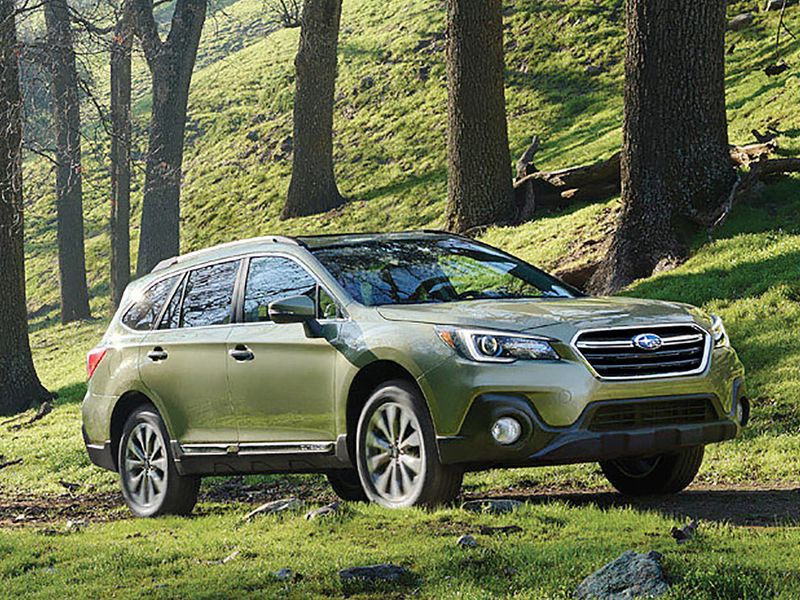
Subaru Corp. and Subaru of America have been hit with a lawsuit seeking class action status over fuel pumps.
The lawsuit, filed last week in U.S. District Court in New Jersey, alleges that the Japanese automaker sold vehicles “with defective low-pressure fuel pumps that cause unpredictable acceleration and engine stalls and render the affected vehicles unsafe to operate,” court documents said.
The lawsuit points to an April recall of 188,207 vehicles in the U.S. for potentially faulty fuel pumps. The recall covers certain 2019 models of four nameplates: the Impreza compact sedan and hatchback, Legacy midsize sedan, Outback midsize crossover and Ascent large crossover. All are built at Subaru’s Indiana plant.
According to a safety recall report posted on NHTSA’s website, the low-pressure fuel pump may include an impeller that was manufactured with a lower density. If the impeller’s surface is exposed to solvent drying for longer periods of time, it may develop fine cracks, the report said. Such cracks may lead to excessive fuel absorption and result in impeller deformation.
Over time, the impeller “may become deformed enough to interfere with the body of the fuel pump, potentially causing the low-pressure fuel pump to become inoperative,” the report said.
Denso is the component supplier, the safety report indicates. Owners were notified of the recall in June, according to documents posted on NHTSA’s website.
The lawsuit alleges that the recalled vehicles are “just the tip of the iceberg” and pointed to complaints on NHTSA’s website that “this defect has existed in Subaru vehicles since at least 2013 and continues to the present day.”
“We are aware of the lawsuit and we are currently investigating the allegations,” Dominick Infante, Subaru’s director of corporate communications, said in an email. “We stand behind the quality and safety of Subaru vehicles. If a customer is experiencing any problems with their vehicle, we recommend that it be taken to an authorized Subaru retailer for inspection.”
Infante also noted that Subaru is “unaware of any injuries resulting from this condition. Letters have gone out and parts are available.”
The lawsuit also alleges that Subaru “refuses to timely repair or replace such defective systems and continues to sell and require its customers to drive its vehicles with the defective fuel delivery system, which could result in injuries or even deaths that could otherwise be avoided.”
The lawsuit seeks damages including recovery of the purchase price of affected vehicles, out-of-pocket and incidental expenses and an order “compelling Subaru to replace or recall and fix the affected vehicles.”
The Courier-Post newspaper in New Jersey first reported on the lawsuit.
While Subaru’s U.S. sales have grown rapidly, thanks to crossovers such as the Outback and new product offerings such as the Ascent, vehicle quality remains a problem for the brand.
Global CEO Tomomi Nakamura has made nailing quality a top priority since being named to his current position in 2018. Before his promotion, he was Subaru of America’s CEO.
Improving quality is a major component of the STEP business plan he unveiled in 2018.
“I was beginning to worry about the issue of quality shortly before I moved back to Japan. We were having more recalls,” he said during a media roundtable in December.
Last year, Subaru ranked in the bottom tier of J.D. Power’s Initial Quality Study with 113 problems per 100 vehicles. This year, it remained near the bottom of the list with 187 problems per 100 vehicles. Despite the results of the quality studies, Subaru led this year’s J.D. Power U.S. Automotive Brand Loyalty Study, released Wednesday.